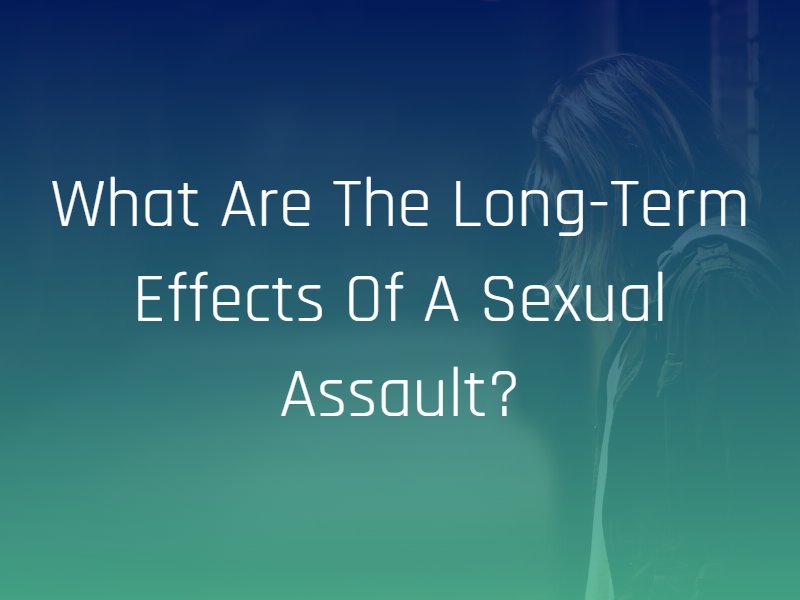Sexual assault can impact your mind, body, and psychological well-being. Experiencing an assault can affect you for years after the event, leading to serious complications. Many survivors develop mental health conditions, severe reactions to triggering events, and unhealthy and dangerous coping mechanisms, among other adverse effects, following their assault.
#1: Depression
Depression is a common mood disorder that affects millions of people in the United States. This condition causes feelings of persistent sadness, hopelessness, and fatigue. Common depression symptoms include a loss of interest in previously enjoyed activities, changes in sleeping and eating patterns, and social isolation.
Many survivors develop these feelings after an assault. However, if the symptoms persist for a long period of time, it is likely the survivor has depression. Many treatment options are available for depression, including medication and certain forms of talk therapy.
#2: Post-Traumatic Stress Disorder
Post-traumatic stress disorder (PTSD) is a mental health condition that develops after a person experiences a traumatic event, such as sexual assault. There are three main symptoms of PTSD.
- Re-experiencing the traumatic event through intrusive memories, flashbacks, or nightmares
- Avoidance of triggers associated with the event, which may occur through intentional or subconscious change or a loss of interest in activities
- Hyper-arousal, or feeling on edge constantly, experiencing difficulty sleeping, or experiencing mood swings or outbursts
PTSD can be difficult to manage without professional treatment. Seeking mental health treatment as soon as possible after the assault can prevent the onset of PTSD, as well as provide healthy coping skills to help manage and reduce symptom severity if the condition does develop.
#3: Invasive Flashbacks
A flashback occurs when something triggers memories of the sexual assault, which feel as if they are currently taking place. Flashbacks are a symptom of PTSD, but they can also occur without developing the condition.
Flashbacks can be scary, unsettling, and cause panic. They may seem random, but certain experiences connected to the assault likely trigger them. Smells, a tone of voice, certain words, and certain locations or activities may trigger a flashback in a survivor. Therapy can help a survivor overcome triggers and avoid flashbacks.
#4: Substance Abuse
It is common for survivors to develop a drug or alcohol addiction following sexual assault. A survivor may misuse a substance to try and feel better, forget the experience of the assault, or numb the pain he or she is feeling.
Substance abuse goes beyond drinking too much on occasion or using an illegal substance once or twice. Someone may have an addiction if he or she develops a tolerance for and a dependence on the substance, skips out on responsibilities or social activities to use the substance, and tries to hide the misuse from friends and family.
Rehabilitation is vital for survivors to overcome substance abuse. Receiving treatment at a rehab facility can help a survivor detox safely and overcome withdrawal symptoms, develop coping skills, and treat underlying mental health conditions.
Avoiding the Long-Term Effects of Sexual Assault
Seeking mental health treatment following sexual assault can help you treat these long-term effects, develop healthier coping skills, and reduce the impact of certain mental health conditions. In addition, seeking legal counsel can help you obtain a sense of justice against the perpetrator.
If you have not done so already, contact a mental health professional or sexual assault service provider in your area. After seeking immediate treatment, contact a sexual assault survivors’ attorney to discuss your legal options.

